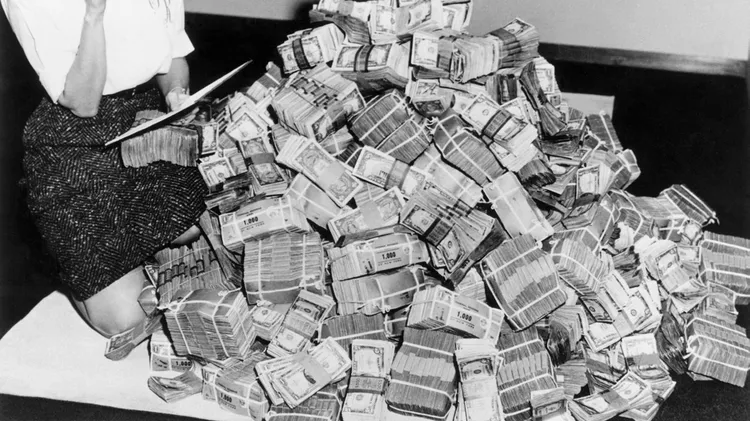In part two of her series tha
Wellbeing for writers: how to make your writing dreams come true
7 min read
This article is from...
Read this article and 8000+ more magazines and newspapers on Readly






